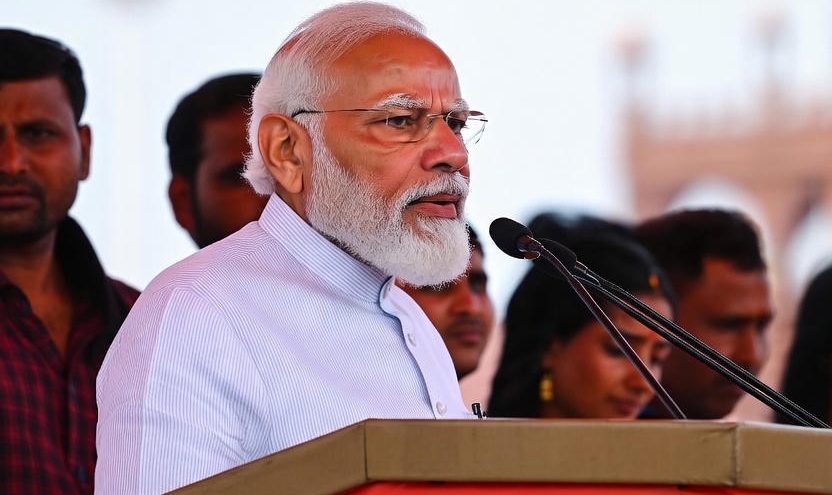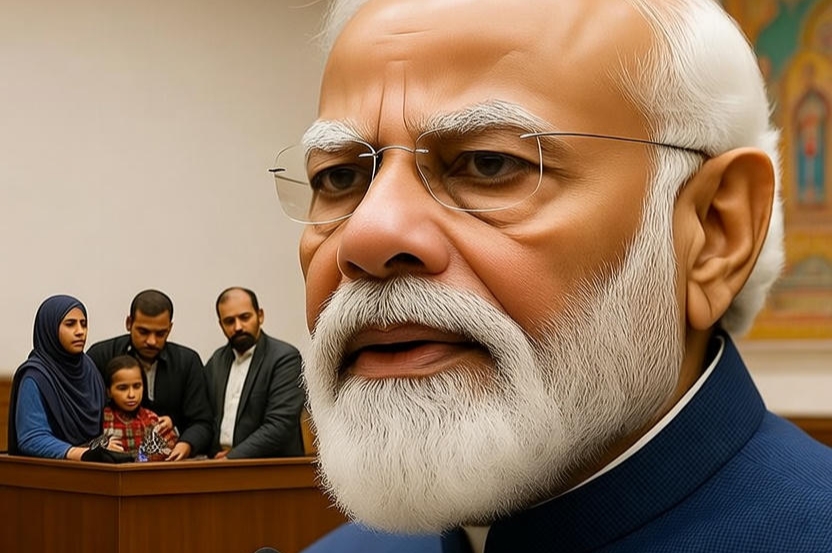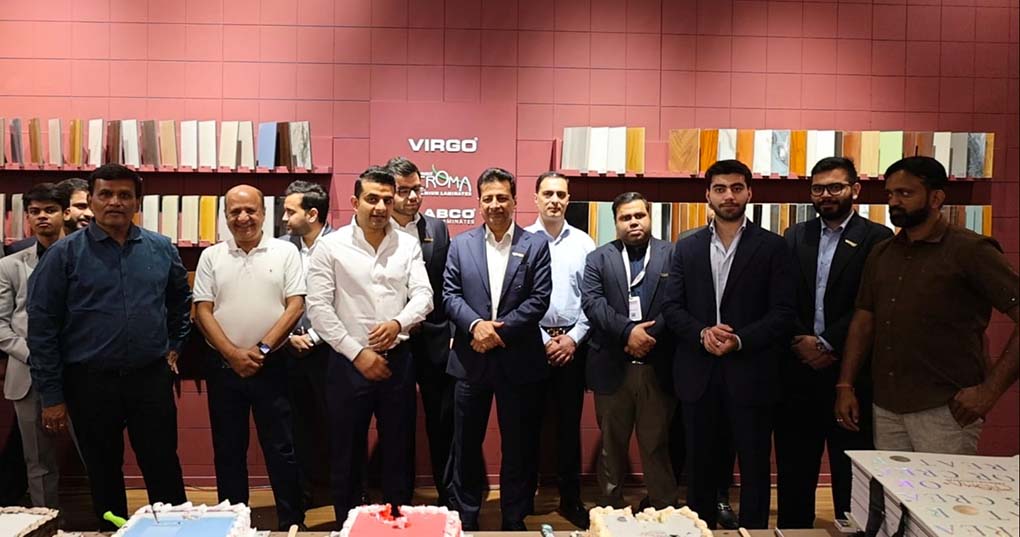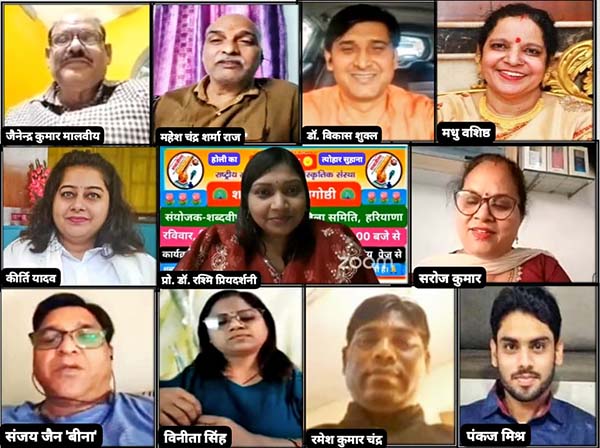 Najmuddin A Farooqi
Najmuddin A Farooqi
Power, Legacy and Polarization
Narendra Modi’s ascent to the office of Prime Minister in 2014 was more than a political victory; it was a transformation of national sentiment. As Gujarat’s longest serving Chief Minister, Modi leveraged his strongman image and the controversial legacy of the 2002 Gujarat riots to position himself as a fearless leader and guardian of Hindutva ideals. This carefully cultivated perception helped him secure a landslide mandate in 2014, marking the beginning of a new era in Indian politics.
Simultaneously Modi remains divisive: deeply loved by many as well as deeply criticized by others. The BJP’s narrative has increasingly gleamed with ultra‑nationalism, projecting Modi as singularly capable of making India the world’s number one economy. But the gap between promise and practice especially concerning India’s Muslim minority is increasingly under public scrutiny.
Manifestos Over the Years: From 2014 to 2024
Manifestos are public declarations of a party’s intentions. The BJP has long claimed moral high ground promising transparency, accountability and inclusive development. We can trace how the party’s manifestos of 2014 and 2019 laid out certain pledges around minority welfare, national unity and development.

Key differences emerged:
In 2014, the document was wider in scope (consisted of 422 points), emphasised minority welfare, cultural pluralism, women’s empowerment, etc.; by 2019, the manifesto was more compressed (consisted of 40 major points) with sharper focus on national security, illegal immigration, terrorism and a stronger Modi centric campaign.
The 2024 BJP manifesto, makes some welfare pledges, but it has notable omissions in areas that deeply concern the Muslim community. Key points include:
Pledging the implementation of UCC. Critics argue that such a move could pressure Muslim personal laws.
There are no specific pledges targeting issues of discrimination, lawless violence, hate crimes or systematic inequities for Muslims. Even though protection from instant divorce is mentioned, there is no detailed plan for addressing broader legal or social injustices. The manifesto reaffirms some previously promised national security, economic development and welfare goals, but often these are universal or for all citizen Drs not designed with minority vulnerability in mind.
Protection of Muslim women from instant divorce (triple talaq or similar practices):
The manifesto claims to accomplish this. The manifesto does not mention minorities or Muslims in many parts instead, it uses terms like marginalised communities. This omission has been pointed out by Muslim leaders like Asaduddin Owaisi, who argue the absence of the word minorities downplays specific issues facing minority groups.
Contradiction in Words vs Actions – 2014, 2019 & 2024, comparing across manifestos:
In 2014 BJP promised: Unity in Diversity, constitutional equality, social justice, rights of minorities, educational and cultural upliftment for Indian Muslims. These were clearly stated in the preface.
In 2019, there was a shift toward more national security, law and order, with fewer explicit minority centric commitments, yet still some references to welfare for weaker sections, socially deprived communities and minority empowerment.
In 2024 many of the welfare promises endure but the shift is more pronounced. Omission of explicit mention of Muslims or minorities, the presence of UCC and instant divorce protections, welfare programs but without accompanying mechanisms aimed at redressing past and ongoing marginalization, legal inequities or violence.
On Ground Realities: Muslim Experiences under BJP Rule
While manifestos make promises, the lived experiences (as noted in earlier discussion) tell another story:
Hate crimes, lynchings, social and economic boycotts, discriminatory enforcement of law many reported incidents point to systemic bias.
Demolition drives on residential and commercial properties, many decades old, belonging predominantly to Muslims, often justified as illegal encroachments. These haste‐driven actions bypass due process, raising questions of legality, fairness and the rule of law.
Disproportionate arrests of Muslims in riots, disproportionate casualties in many communal violence episodes, most victims have been from the Muslim community.
The silence or delayed response by the administration and central leadership in certain crisis situations (e.g. Manipur violence) intensifies the perception of neglect.
2024 Manifesto vs Reality: What Muslims Might Expect
Given the 2024 manifesto’s promises and omissions, what can be reasonably expected (or demanded) from the government if it is to live up to its commitments to all citizens, including Indian Muslims ?
First, clarifications or guarantees on how UCC will be implemented will personal laws be overridden or reformed with community input ?
Transparent mechanisms, judicial or constitutional, to deal with hate crimes, mob violence, law enforcement bias.
Specific welfare programs aimed at communities historically disadvantaged (e.g. Muslims), not merely broad schemes which may not adequately reach them.
Safeguards to ensure demolitions or administrative actions respect due process, presumption of innocence, legal representation and avoid collective punishment.
Equal enforcement of the constitutional rights of religious freedom, culture, expression, equality before law.
Muslim Rebuttals, Responses and Strategy:
In response to both the manifestos and reality, Muslim leaders and organizations have made following arguments including:
Objection to the omission of minorities and Muslims as categories in the manifesto arguing that without explicit mention, concerns specific to the community will not be addressed.
Concerns that UCC could lead to intrusion into religious law, reducing autonomy and cultural practices.
Demand for better protection of women’s rights both from social practices and legal discriminations.
Advocacy for electoral participation, registration in electoral roll, use of legal and constitutional channels to demand accountability.
Manifesto vs Practice: Comparing Commitments
Here’s a side‑by‑side comparison of what has been promised vs what has been (or appears to be) practiced:
Promise in Manifestos Reality / Observed Gap:
Protection from practices like “instant divorce” Some legal reforms, but many cases of social discrimination persist; awareness uneven; enforcement weak in many areas.
Welfare schemes for all citizens (free grains, housing etc.) Many benefit, but access for marginalized Muslims remains patchy; bureaucratic hurdles, identity documentation problems etc.
No specific mention of Muslims/minorities in 2024 manifesto leads to concerns of omission without naming, issues may be glossed over or treated as non‑priority.
Promise of unity in diversity, social justice. Frequent incidents of hate speeches, violence against Muslims; law enforcement response seen by many as biased or slow.
Promise to modernize minority educational institutions (2014) Some steps taken, but funding, infrastructure and quality gaps remain; dropout rates remain high among Muslims in many states.
Path Forward, Bridging the Divide:
India’s soul lies in its unity amidst diversity. Today, that soul is under strain. Muslims, like all citizens, are stakeholders in India’s future. Rather than retreating into isolation or reacting in anger, the way forward lies in strategic patience, civic participation and reaffirming loyalty not through words but through actions.
The Indian Muslim community must invest in education, law, civic awareness and peaceful advocacy. Simultaneously, the government must live up to its constitutional promise of justice and equality for all.
History will not remember slogans, but actions. It is time to walk the talk together.



